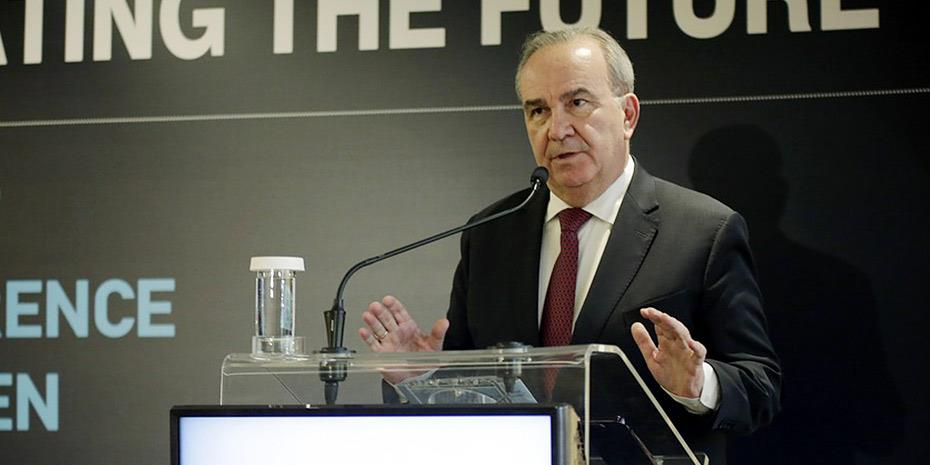
Nikos Papathanasis, the Deputy Minister of National Economy and Finance, has signed four funding invitations totaling €140 million to support investment plans from existing, new, and emerging medium and large enterprises. This initiative aims to enhance energy production from renewable sources, renewable hydrogen, and high-efficiency cogeneration, specifically within the framework of the Territorial Just Transition Plans for the Western Macedonia and Megalopolis regions.
The funding initiatives include the following:
1. This program targets investment plans for new and emerging medium-sized enterprises that focus on energy production from renewable sources, renewable hydrogen, and high-efficiency cogeneration within the framework of the Territorial Just Transition Plans for the Western Macedonia and Megalopolis regions. The allocated budget for this initiative is €40 million.
2. This program offers funding for established medium-sized enterprises aiming to promote energy production from renewable sources, renewable hydrogen, and high-efficiency cogeneration within the framework of the Territorial Just Transition Plans for the Western Macedonia and Megalopolis regions. The allocated budget is €20 million. Each investment plan must have a subsidized budget between €500,000 and €12 million.
3. This initiative supports investment strategies from new and emerging large enterprises focused on renewable energy production, renewable hydrogen, and high-efficiency cogeneration within the framework of the Territorial Just Transition Plans for the Western Macedonia and Megalopolis regions. The budget allocated for this program is also €40 million.
4. This program aids established large enterprises in their investment efforts to foster energy production from renewable sources, renewable hydrogen, and high-efficiency cogeneration within the framework of the Territorial Just Transition Plans for the Western Macedonia and Megalopolis regions. The budget allocated for this program is also €40 million.
Each investment plan requiring a minimum subsidized budget of €5 million and a maximum of €45 million.
Note that a comparative assessment will be utilized when evaluating funding applications.






